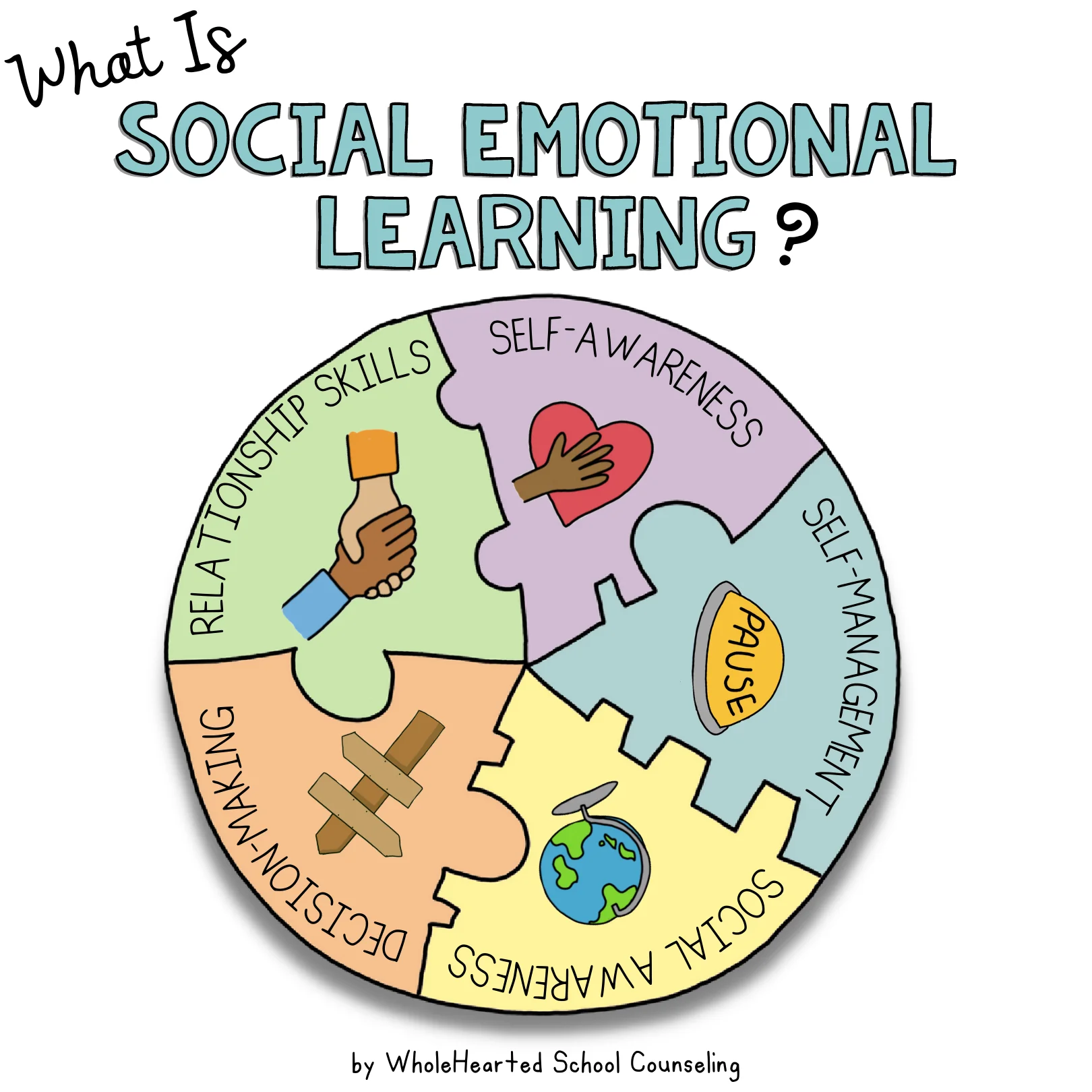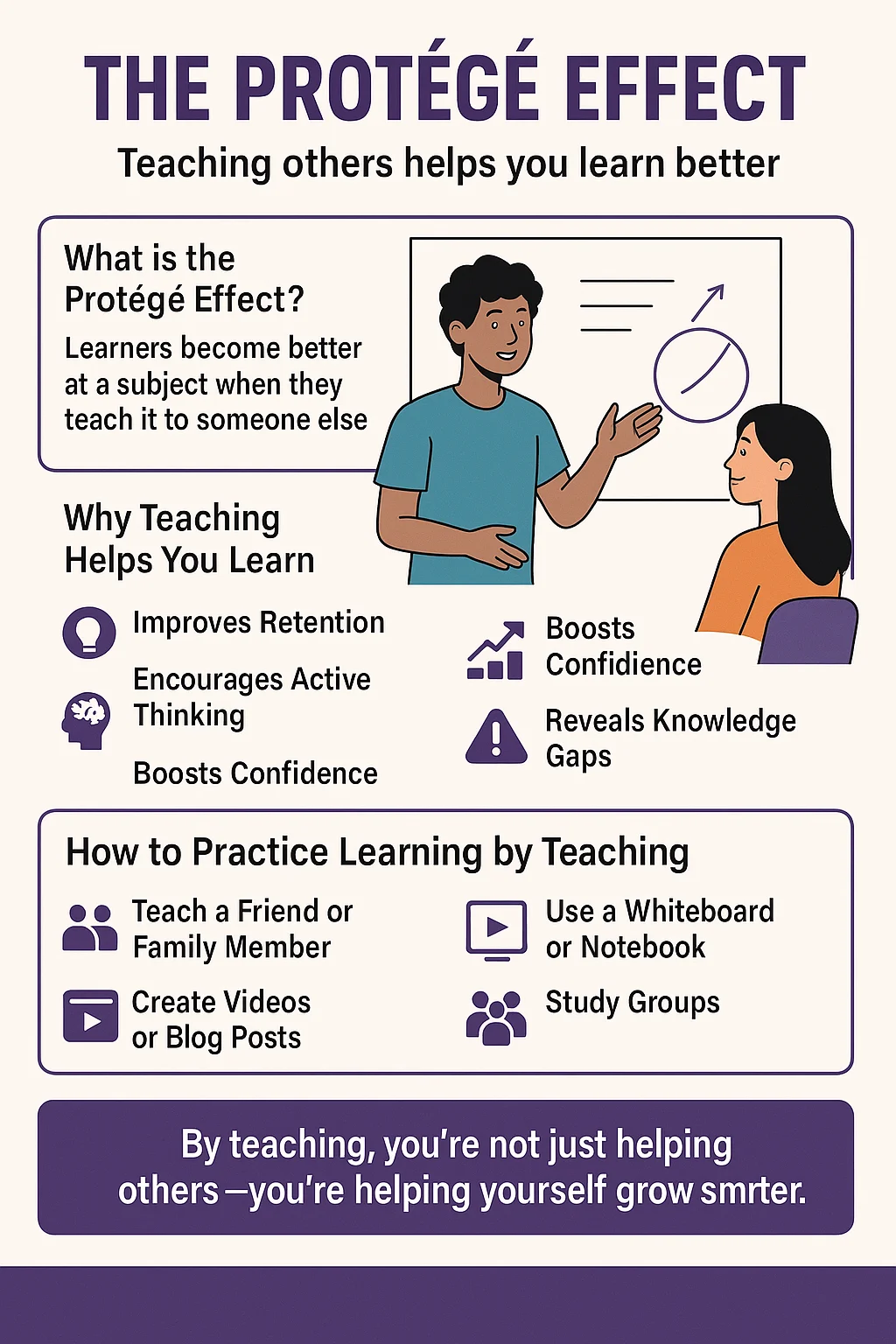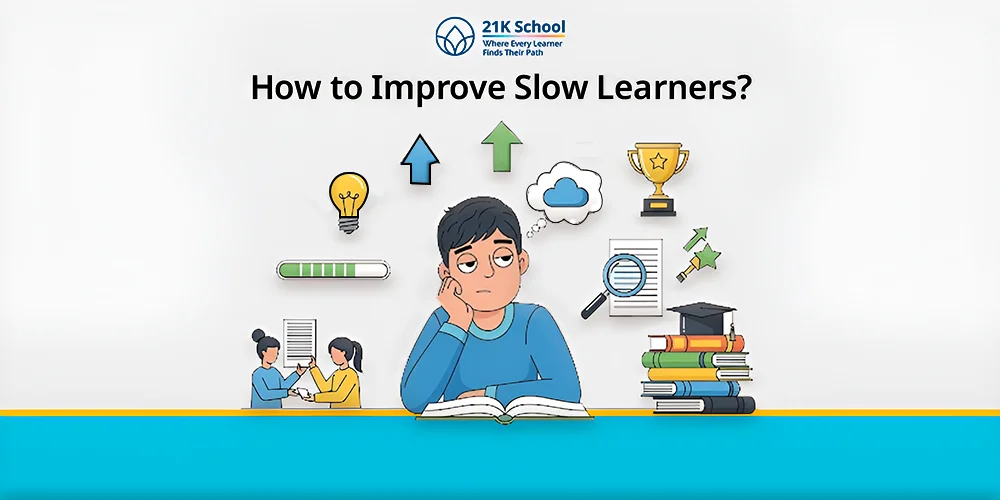For generations, schools have focused on one main thing — academic performance. High grades, test scores, and rankings have long been the ultimate markers of success. But as the world changes, it’s becoming clear that grades alone don’t tell the full story of a student’s potential.
What really sets successful people apart isn’t just how much they know, but how well they understand and manage their emotions — and how they connect with others. This is where emotional intelligence (EI) comes in.
💭 What Is Emotional Intelligence?
Emotional intelligence is the ability to recognize, understand, and manage your own emotions, as well as to empathize with and respond to the emotions of others.
In simple terms, it’s about being smart with your feelings — knowing when to stay calm, when to speak up, and how to handle difficult situations without losing your cool.
Psychologists break emotional intelligence down into five main skills:
Self-awareness – Understanding your own emotions.
Self-regulation – Managing how you react to those emotions.
Motivation – Staying positive and focused on goals.
Empathy – Understanding how others feel.
Social skills – Building strong, healthy relationships.
🎓 Why It’s So Important in Education
In schools today, emotional intelligence can be just as important as academic intelligence — sometimes even more. Here’s why:
1. It Helps Students Handle Stress
From exams to peer pressure, students face a lot of emotional challenges. A student with good emotional intelligence knows how to manage stress, stay focused, and bounce back from setbacks. Instead of panicking after a bad grade, they learn from it and move forward.
2. It Builds Stronger Relationships
School isn’t just about studying — it’s also about learning how to work and live with others. Emotional intelligence helps students communicate, cooperate, and resolve conflicts peacefully. This makes classrooms friendlier, safer, and more supportive environments.
3. It Improves Academic Performance
Interestingly, emotionally intelligent students often do better academically. When students can manage their emotions, they can concentrate better, make thoughtful decisions, and participate more confidently in class.
4. It Prepares Students for Real Life
Once students step into the real world, they’ll find that emotional intelligence plays a major role in success — in jobs, relationships, and leadership. Employers increasingly value empathy, teamwork, and emotional control as much as technical skills.
🌱 Teaching Emotional Intelligence in Schools
So how can teachers and schools help students develop EI? It’s not about adding another subject — it’s about changing how we teach and interact with students every day.
Here are a few ways:
Encourage reflection: Let students talk about how they feel and what they’ve learned from challenges.
Model empathy: Teachers who show kindness and patience set a powerful example.
Use group activities: Teamwork helps students practice communication, respect, and empathy.
Create a safe environment: Students should feel comfortable expressing themselves without fear of judgment.
When schools focus on emotional learning, they help students become not only smarter but also kinder, calmer, and more confident human beings.
🌍 The Bigger Picture
In a fast-paced, high-pressure world, emotional intelligence is becoming one of the most valuable life skills. It helps people stay balanced, handle challenges gracefully, and build meaningful relationships.
Grades will always matter, but they shouldn’t define a person’s worth. True education goes beyond textbooks — it shapes character, empathy, and emotional strength.
✨ Final Thoughts
The best education system is one that develops both the mind and the heart.
When students learn how to manage emotions, connect with others, and stay resilient, they’re not just preparing for exams — they’re preparing for life.
Because in the end, it’s not just what you know that defines you — it’s how you treat people, handle challenges, and stay true to yourself.







No comments yet. Be the first to share your thoughts!